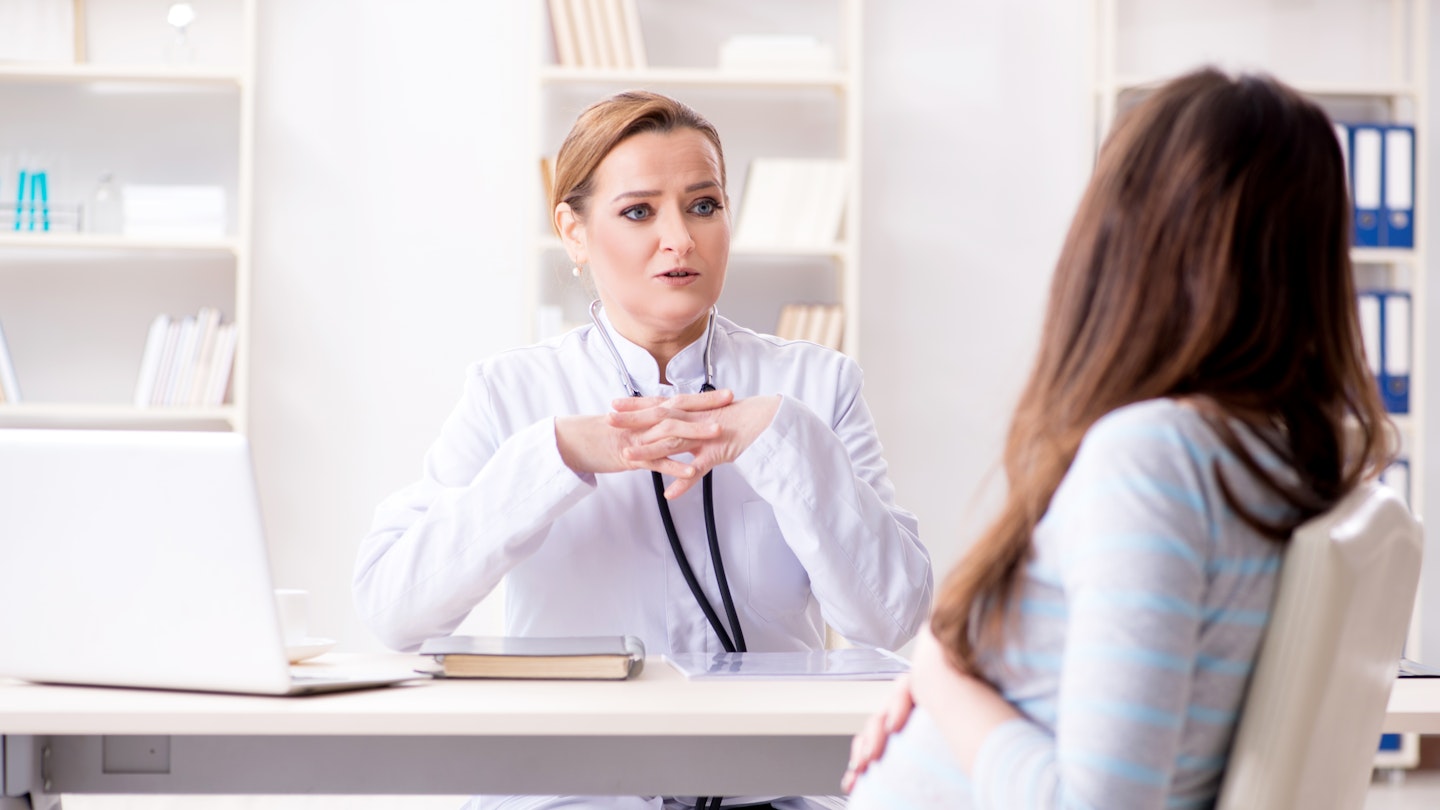Last week, the Maternal Mental Health Alliance reported thatone quarter of pregnant women were being denied access to perinatal mental health care, at a time when they’re most likely to develop a mental illness. Today, the NHS has confirmed they will rectify this by providing specialist perinatal mental health services in across the entirety of England by April 2019.
The health service has announced it is spending £23 million on community pre- and postnatal services to correct the current postcode lottery that many women face. Previous research had found that 62 of the 235 NHS clinical commissioning group areas across the UK offered women zero support from dedicated perinatal personnel.
With 20% of women who are pregnant or have given birth within a year suffering with mental health issues (25% according to King's College London), and suicide being the leading cause of death amongst these women, the services are vital in ensuring women are given the support they need. Dr. Alain Gregoire, chair of the MMHA, told The Guardian last week:
‘These services help women who have been left severely disabled, who maybe cannot get out of bed or function normally, or who have been left suicidal, or at extremely high risk of taking their lives, as a result of mental health problems associated with pregnancy and the postnatal period,’
However, the NHS’s new budget for perinatal mental health care will aim to provide these essential services to all women, with their own 2014 research finding that only 3% of the country had good access to the services. Offering assessments and care for women with complex or severe mental health problems during the perinatal period, they will also give pre-conception advice for women dealing with mental illness or those who’ve had a history of it.
Claire Murdoch, national mental health director for NHS England, said: ‘Mental ill health doesn’t discriminate. It can happen to anyone at any time and it disrupts life not just for mums but the whole family, which is why we are absolutely committed to driving forward improvements in care and ensuring this important area of mental health continues to get the attention it deserves.’
The new services come alongside further commitments by the NHS to combat the postcode lottery often typical of women’s health issues. They have announced plans to open four new Mother and Baby Units throughout 2018/19 in places where access to services like these has historically been withheld. The eight-bedded units provide specialist care and support for mothers.
Gregoire commented on the new development, stating that the ‘rapid, effective and widespread’ transformation in services is unprecedented in his 30 years of working for the NHS.
‘These new, top quality services have led directly to life-saving improvements in care for women and babies that will hugely reduce immediate and long-term suffering. The new developments look set to eliminate a long-standing and serious postcode lottery and will undoubtedly make England the world leader in mental health care for mothers and babies.
Click through to see all of the natural anti-depressant options...
Discover: Natural Anti Depressants
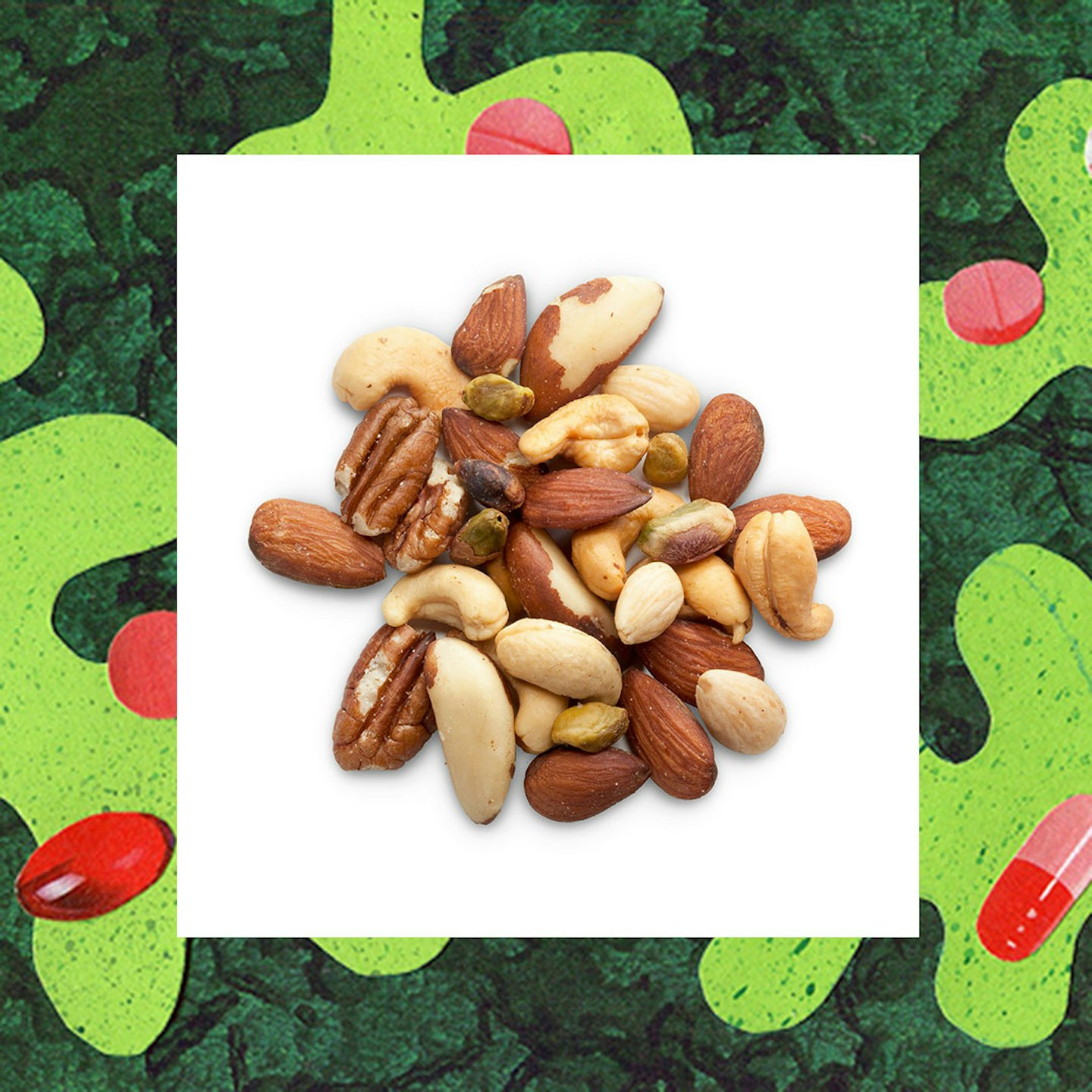 1 of 11
1 of 11Omega 3
Omega-3 fatty acids are essential minerals which reduce inflammation and are vital to brain functions such as mood and memory. Your body doesn't produce them naturally so you can only get them in you via food (like fish, nuts and seeds) or dietary supplements.
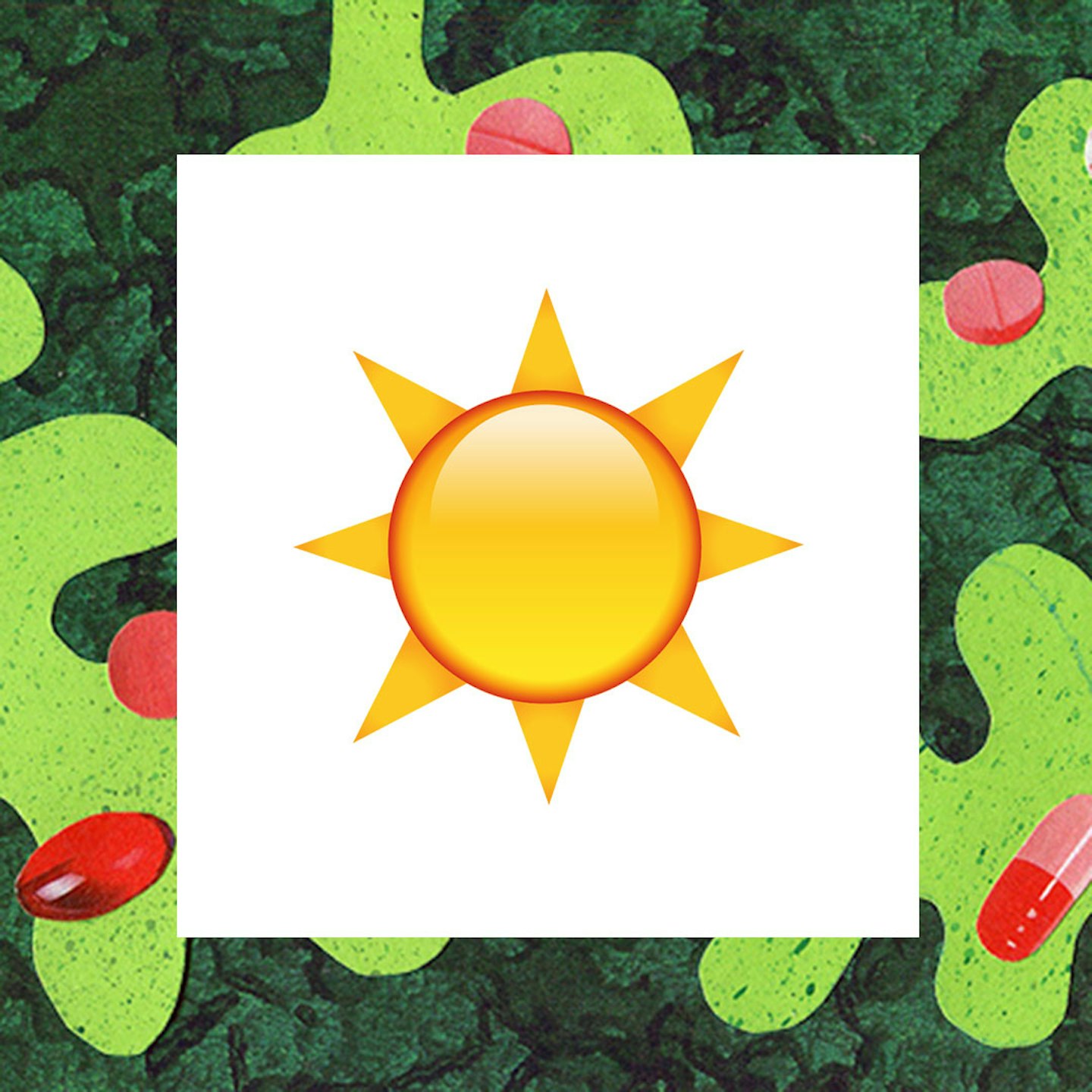 2 of 11
2 of 11Vitamin D
In addition to bone health, Vitamin D can play a vital role in the areas of the brain that are linked to the development of depression and other mental health problems.
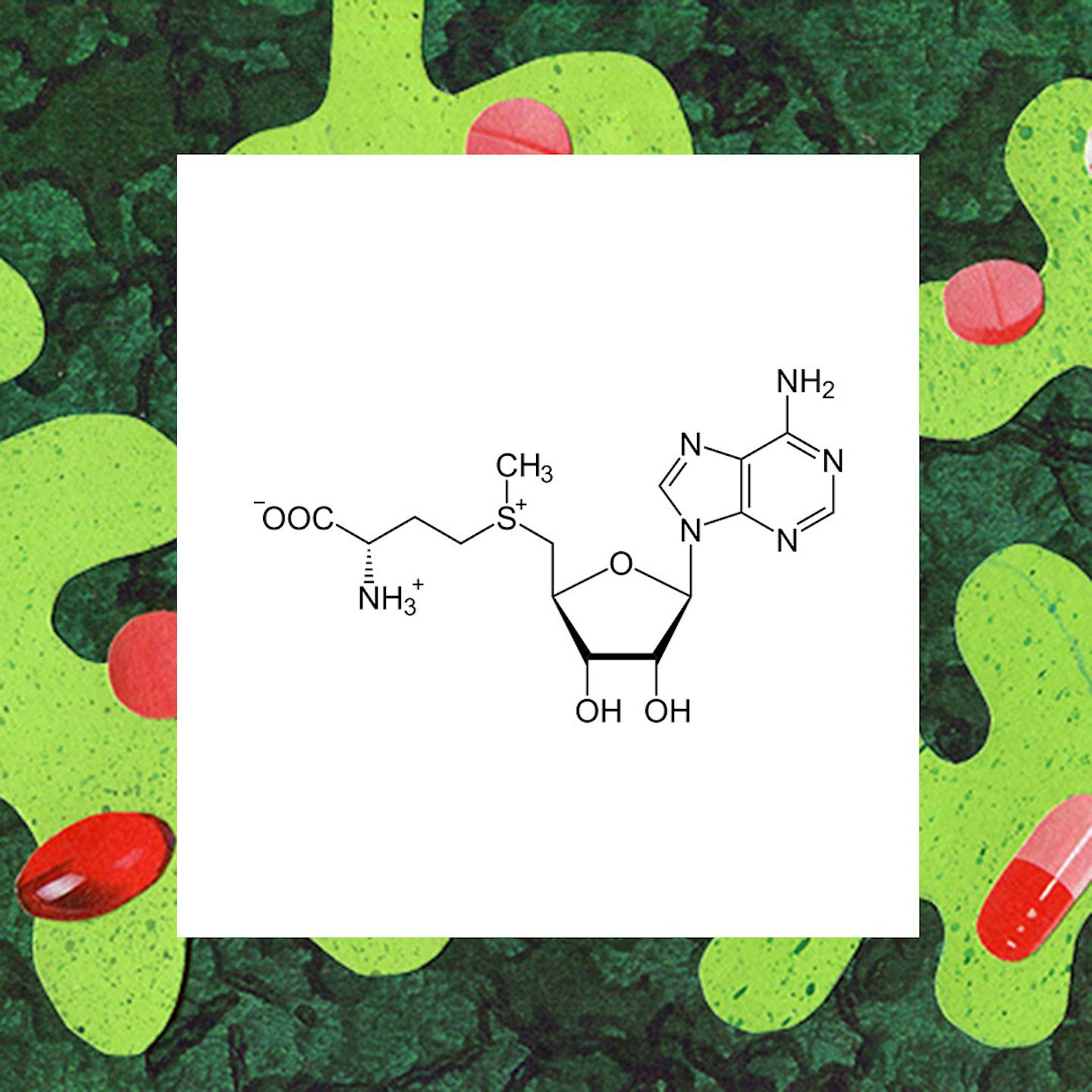 3 of 11
3 of 11S Adenosylemthionine
SAMeis a molecule that the body naturally forms and is available as a dietary supplement. In addition to depression and anxiety, it can be used for many other conditions including heart disease, fibromyalgia, tendonitis and many more. It is also recommended for PMS. It works by making sure that chemicals in the body that play a role in pain, depression, liver disease, and other conditions, actually do their job.
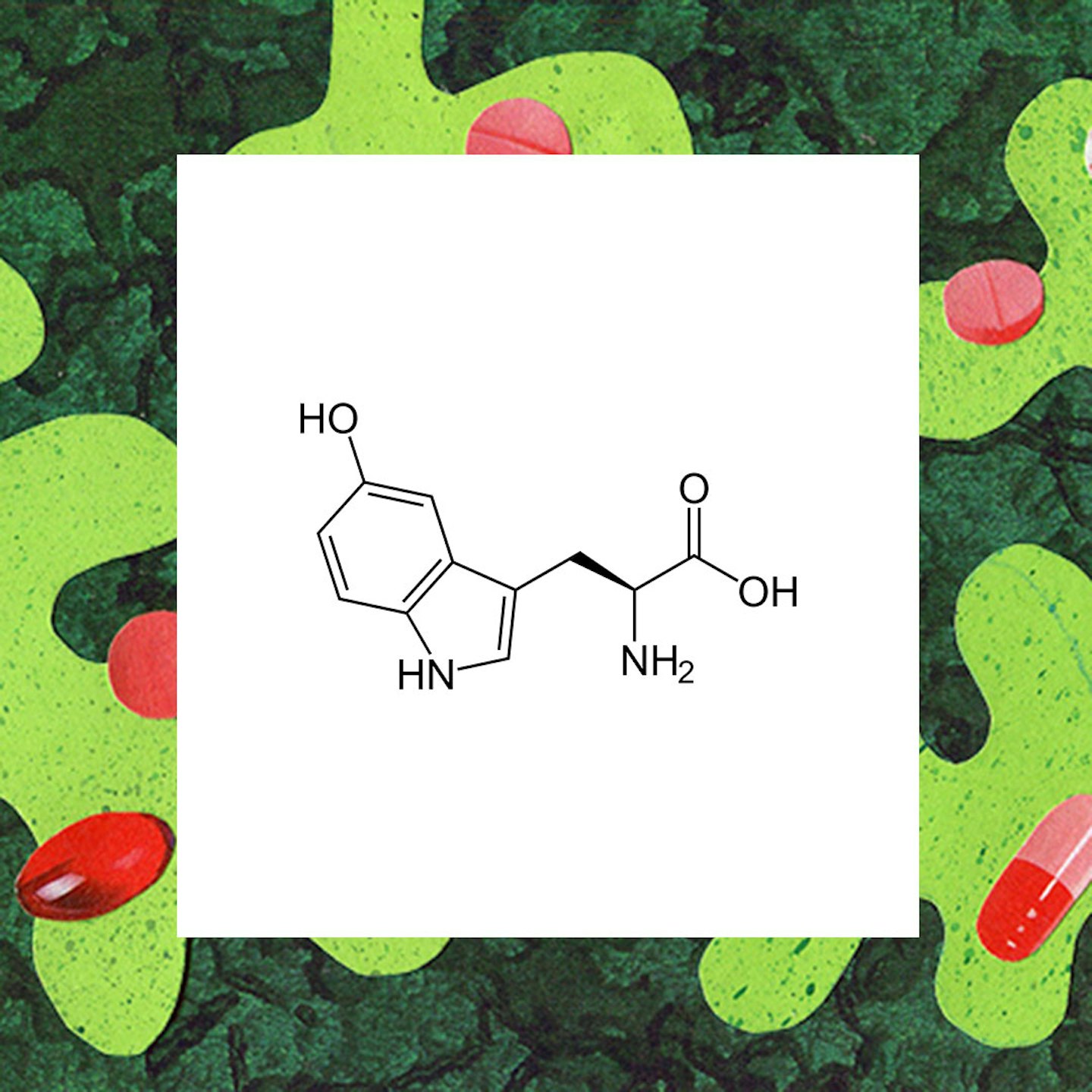 4 of 11
4 of 115-Hydroxytryptophan (5-HTP)
Like SAMe,5-HTP is also a chemical (an essential amino acid) that the body makes naturally. It works by helping to raise the serotonin (the happy hormone) levels in the brain. 5-HTP has been known to have a positive effect on sleep, mood, anxiety, appetite, and pain.
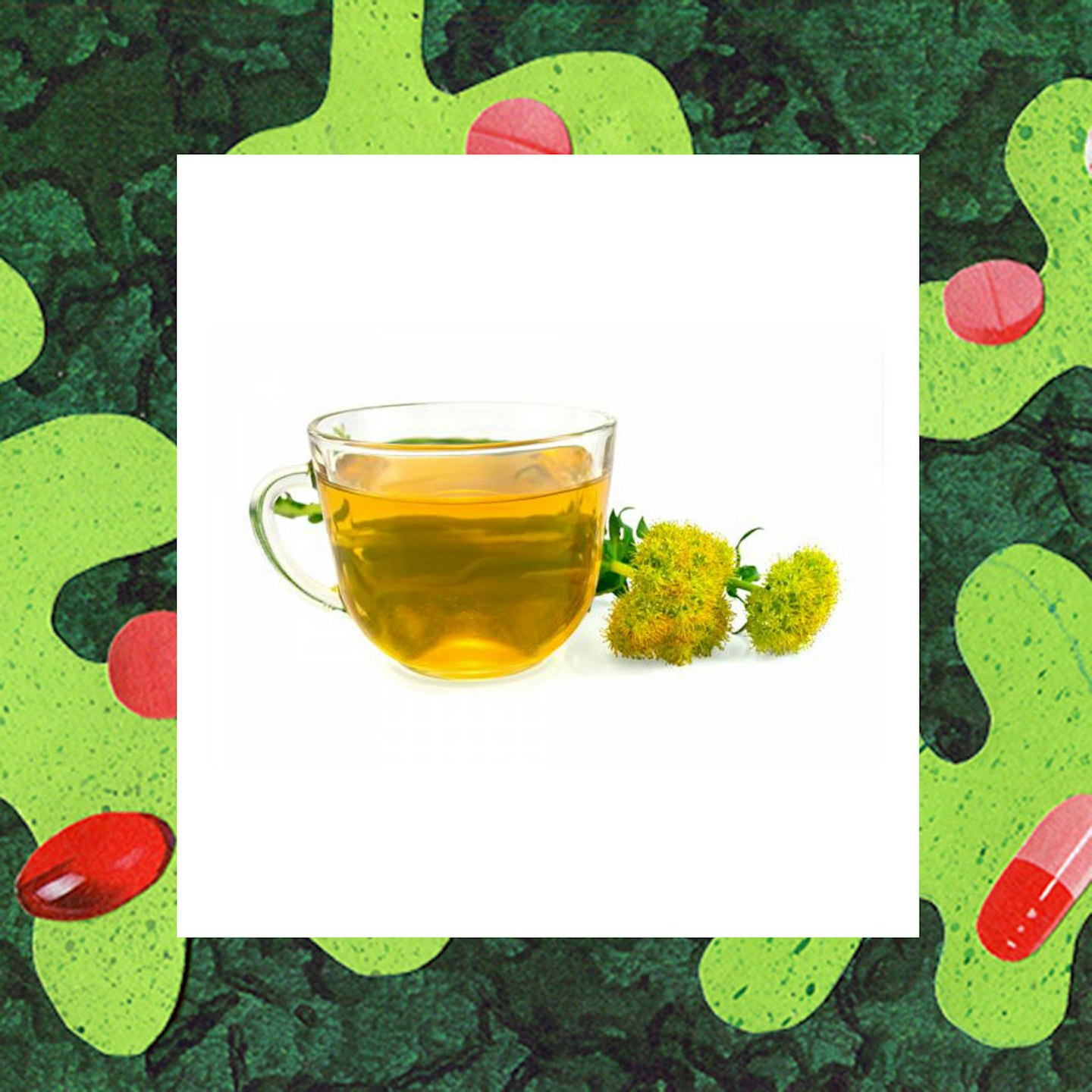 5 of 11
5 of 11Roseroot Herb
A study conducted on whether the Rhodiola Rosea (Roseroot) herb was effective for depression showed that it was almost as effective as the popular antidepressant, Sertraline (Zoloft), but with fewer side effects. The herb boasts strengthening the nervous system, fighting depression, enhancing the immune system and memory, elevating stamina, aiding in weight-loss and increasing sexual function.
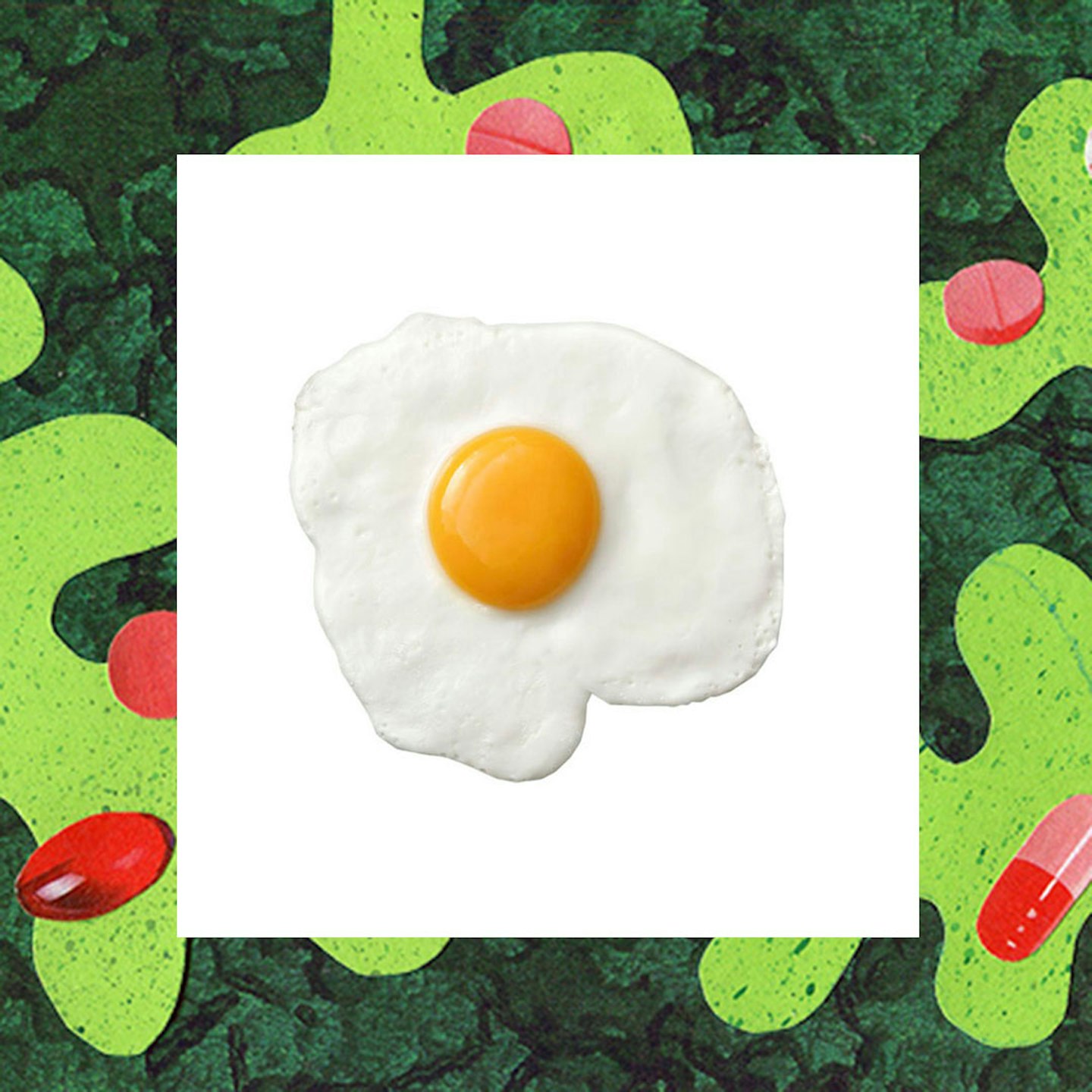 6 of 11
6 of 11Iron
A lot of adults, especially women, suffer from iron deficiency, and guess what? Iron deficiency symptoms are pretty similar to depression symptoms, i.e. fatigue, irritability, and foggy brain. The recommended daily iron allowance in adults is roughly 8 to 18 mg daily (check with your doctor though because everyone's number is different).
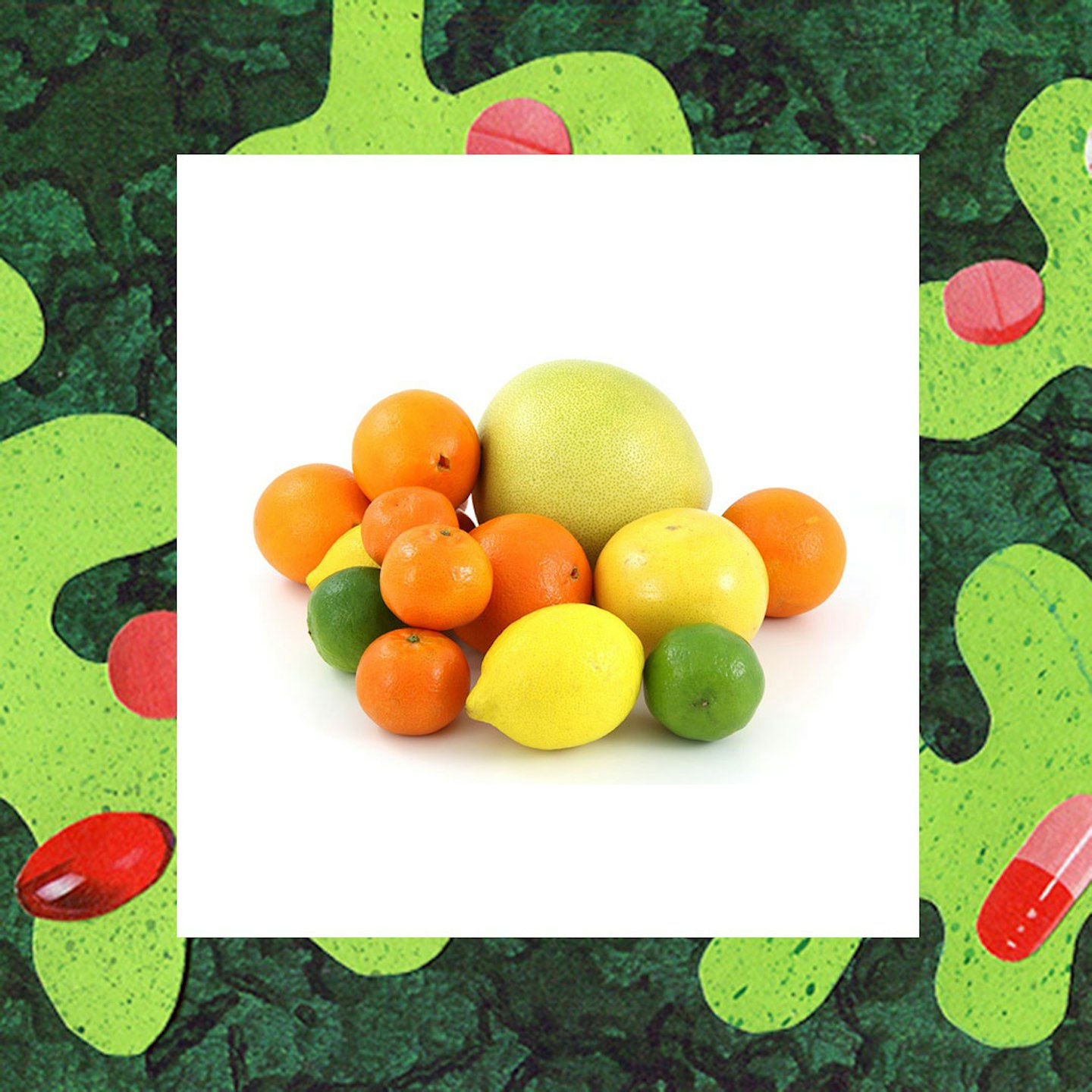 7 of 11
7 of 11Folate
If you don't have enough folate, antidepressants may not work. Some docs prescribe folate along with antidepressants to treat depression and improve the effectiveness the medication. Most adults need at least 0.4mg daily, which you can though food including dark leafy greens, beans and citrus fruit, or as a supplement.
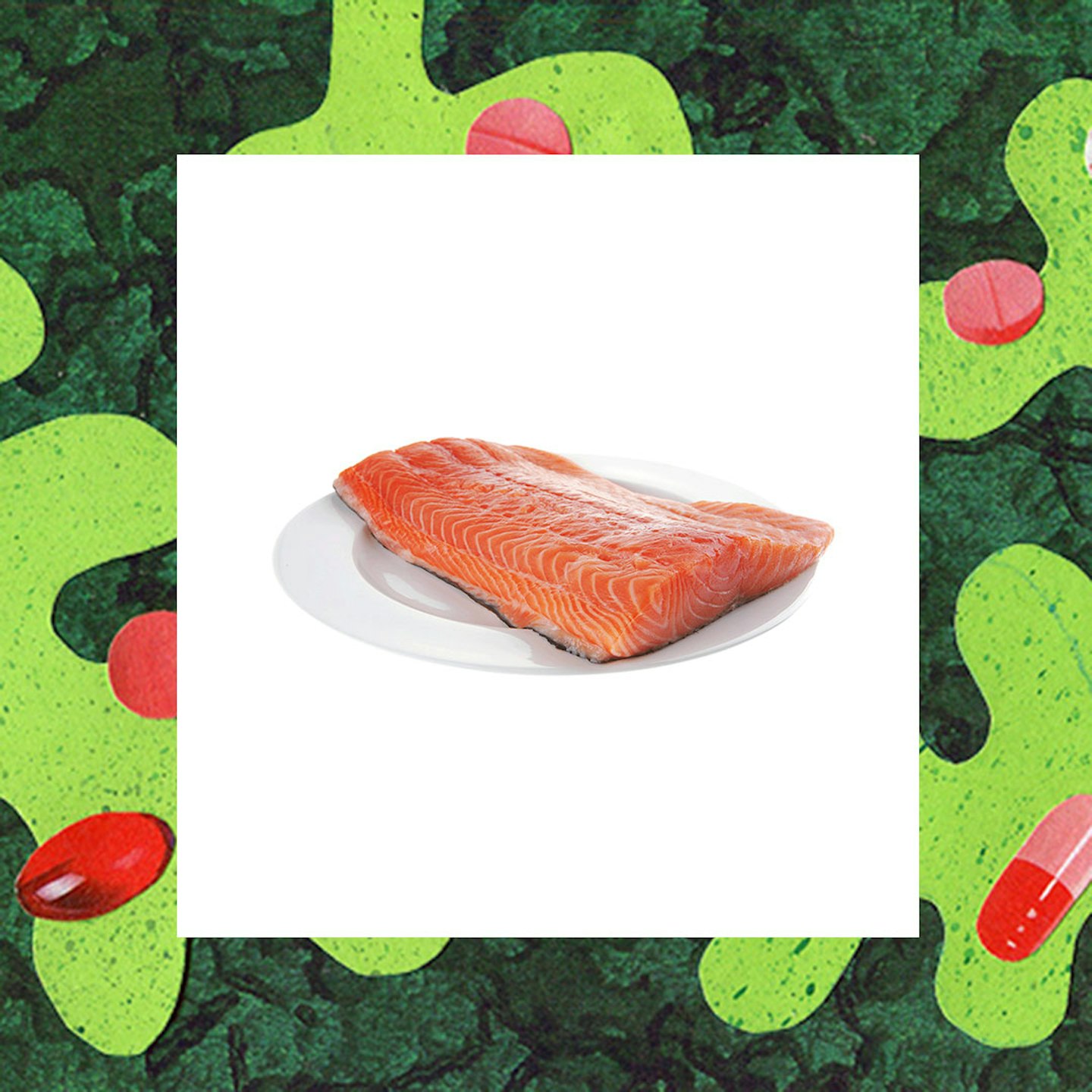 8 of 11
8 of 11B12
Vitamin B-12 and other B vitamins can play a role in producing mood-affecting brain chemicals and low levels of these may be linked to depression. If you have a poor diet and the body can not absorb enough B vits, your mood can be severely affected. Getting a blood test will determine how much of the B goodness you have in your system, and whether you need to stock up. B vitamins are found in animal products like milk, fish, meat and eggs, so if you are a vegan, you should definitely be getting your B's from dietary supplements and vitamins.
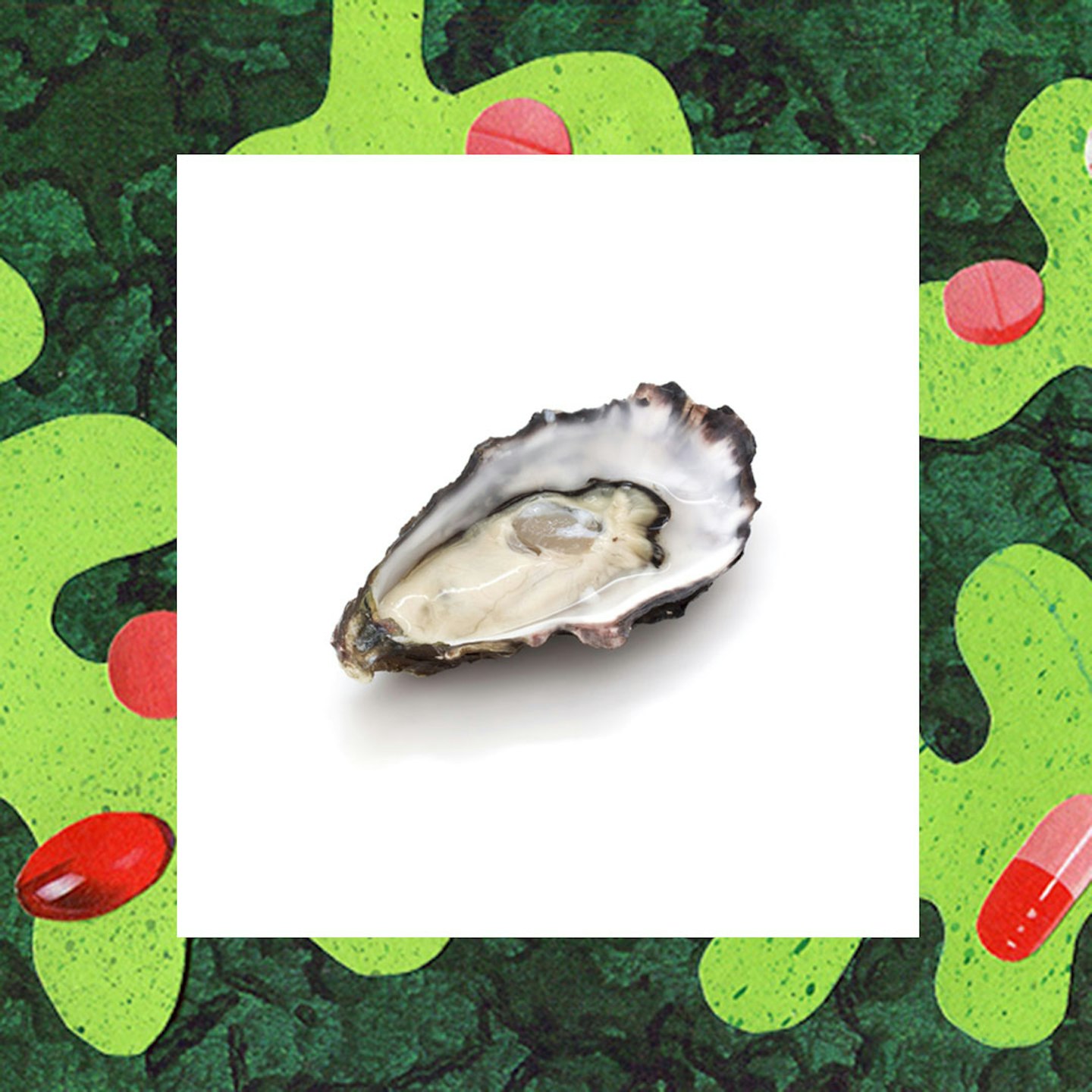 9 of 11
9 of 11Zinc
Zinc is crucial to our system as it activates our digestive enzymes breaking down food, and helps prevent food allergies, which can avert depression. It also helps our DNA to produce and repair proteins, control inflammation and boost our immune system.
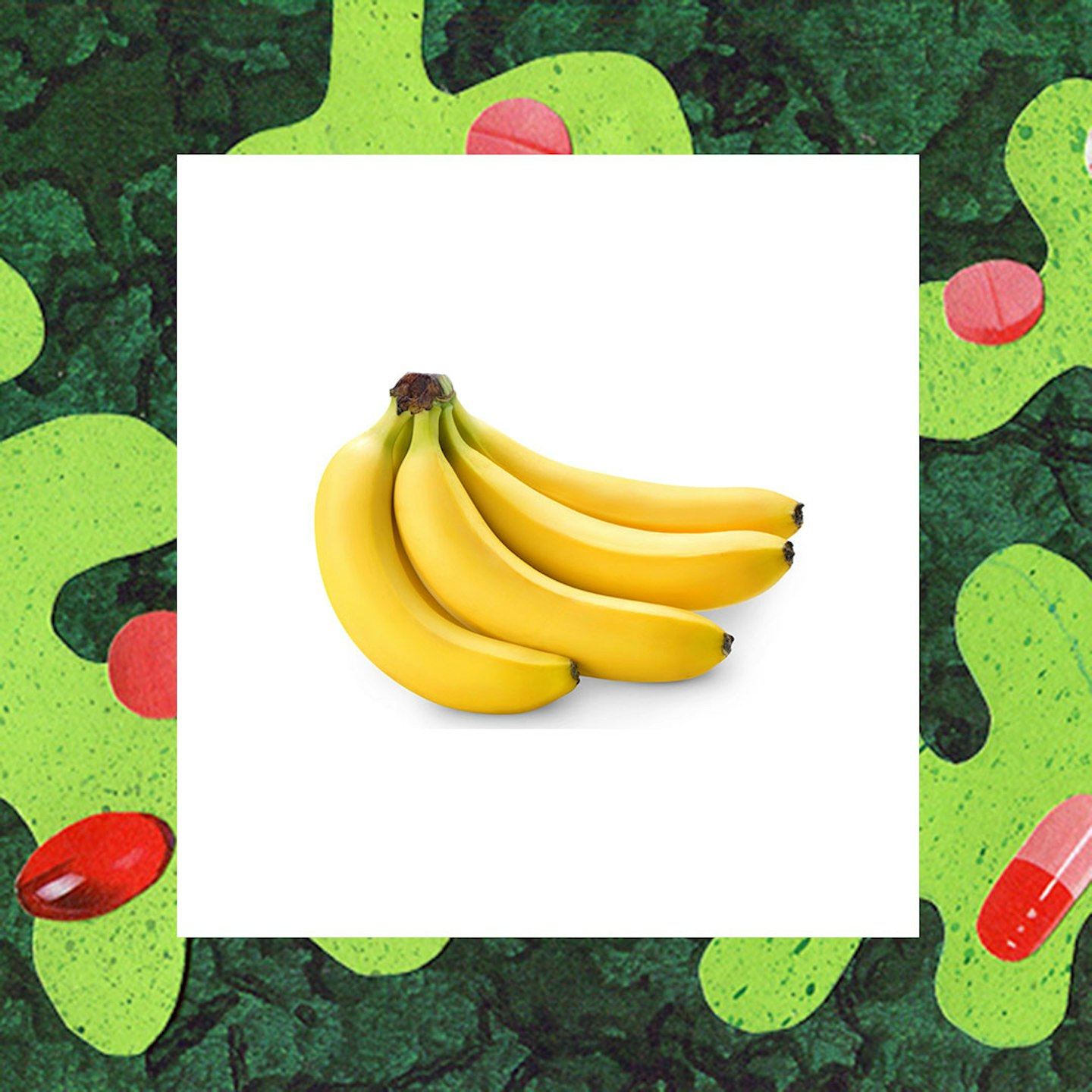 10 of 11
10 of 11Tryptophan
Tryptophan is an essential amino acid which you get through food such as bananas, tamarind, oats, sesame seeds, kiwi and watermelon. Once in the body, it converts to niacin, serotonin and melatonin. Most antidepressants work by increasing the amount of serotonin in the brain and Tryptophan helps to increase serotonin levelswithout the extreme side effects of meds.
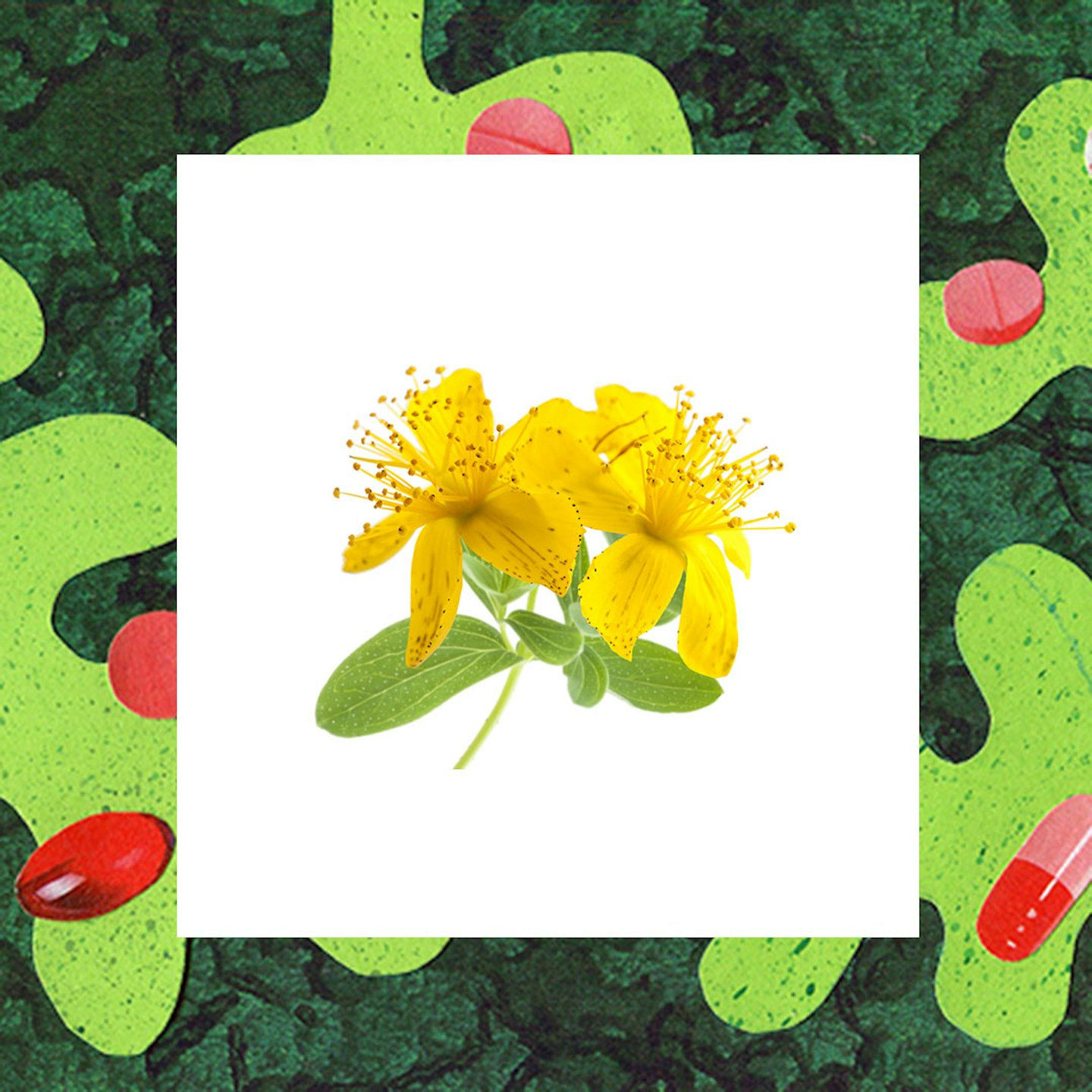 11 of 11
11 of 11St John Wort
St John's Wort has been around for yonks and is one of the most popular natural methods used for dealing with stress, anxiety and depression. It's a plant with yellow flowers. There has been some scientific evidence that St. John's wort may be helpful in treating mild depression. It's been claimed that it works just like regular antidepressants in that it inhibits the reuptake of the neurotransmitters serotonin, norepinephrine, and dopamine.
